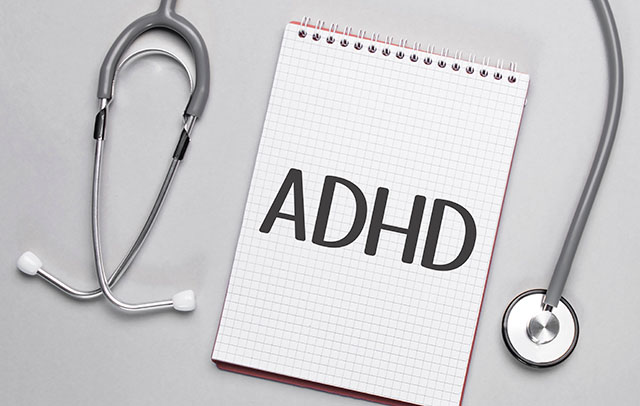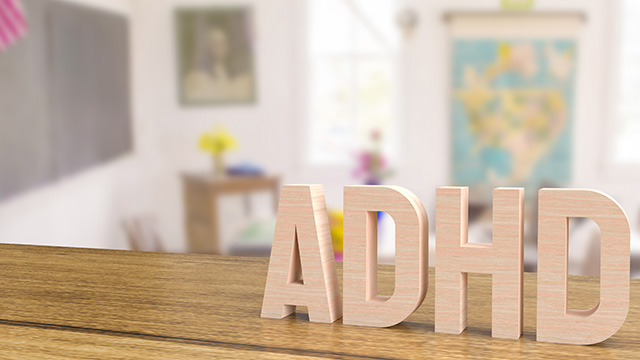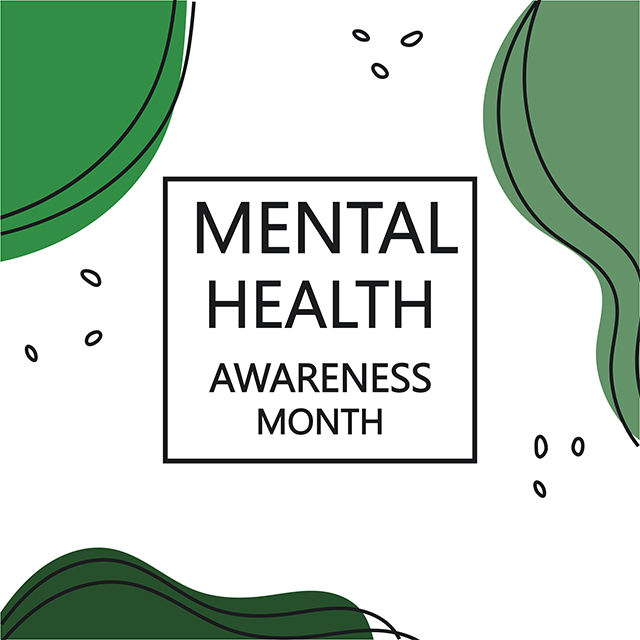ADHD (Attention Deficit Hyperactivity Disorder) and ADD (Attention Deficit Disorder) are disorders that affect focus, self-control and executive functioning in both children and adults. ADHD impacts 11% of children and 5% of adults in the U.S. However, these numbers likely reflect a lower estimate given some of the unique challenges that come along with accurate diagnosis and misconceptions associated with treatment.
October is ADHD awareness month and despite the common occurrence of this disorder in children and adults, there continues to be stigma about diagnosis and treatment. We have previously written about some of the most common ADHD myths. In this article, we hope to build on our previous post by identifying and debunking more myths associated with diagnosis and treatment.





